- Home
- slideshows
- miscellaneous
- How Trump's inaugural committee spent the record $107 million worth of donations to celebrate his election
How Trump's inaugural committee spent the record $107 million worth of donations to celebrate his election
President Donald Trump was sworn in as the 45th president of the United States on January 20, 2017.

Trump's committee was chaired by Thomas J. Barrack Jr.
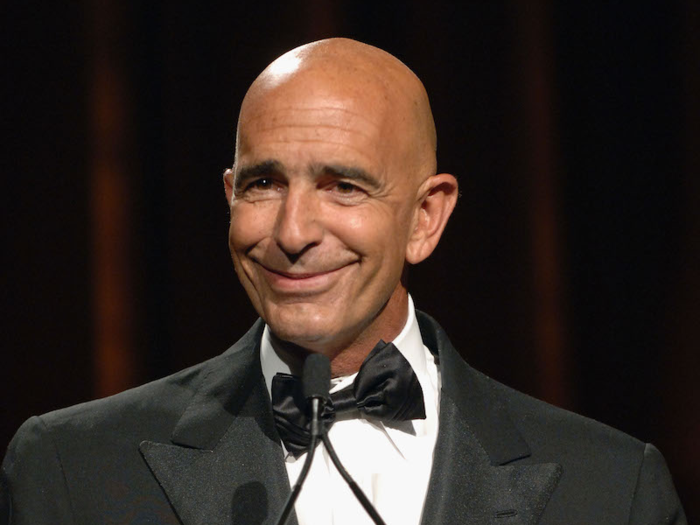
In a statement to The Times, Barrack Jr. said, he continues "to be proud of the incredible work of all those that were part of the committee."
He added that the committee "complied with all laws and regulations, and its finances were fully audited internally and independently. The donors were fully vetted and disclosed to the Federal Election Commission as required."
Source: The New York Times
Stephanie Winston Wolkoff, Jonathan Reynaga, and WIS Media Partners
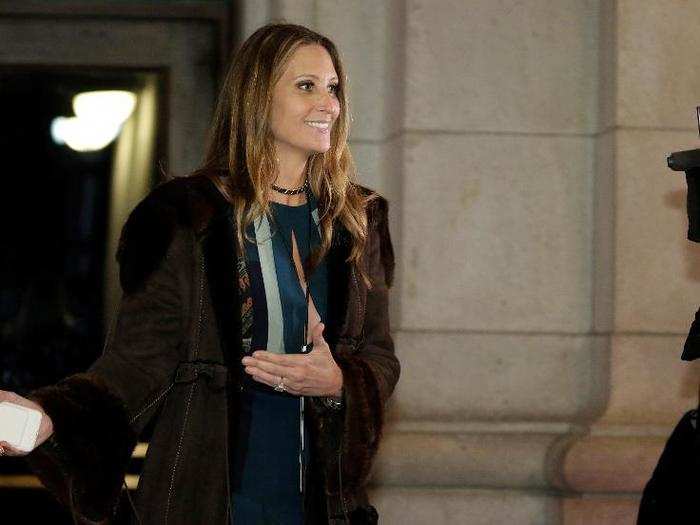
Winston Wolkoff was a friend of First Lady Melania Trump. She and Jonathan Reynaga formed WIS Media Partners, which was in charge of broadcasting rights for the inaugural events and was initially going to make a documentary about the inauguration (which was later scrapped).
Winston Wolkoff had a contract for $1.6 and WIS Media Partners was paid nearly $26 million (which it used to pay vendors).
"I have never heard anybody getting that kind of fee associated with any inaugural, ever," Greg Jenkins, who oversaw Bush's second inauguration said of Winston Wolkoff's fee.
A spokesperson from WIS Media Partners told The Times its fees were "significantly below" the going rate for such events.
Expenses for WIS Media Partners employees totaled $227,511 for things like cabs, room service, etc.
Source: The New York Times
The Trump International Hotel
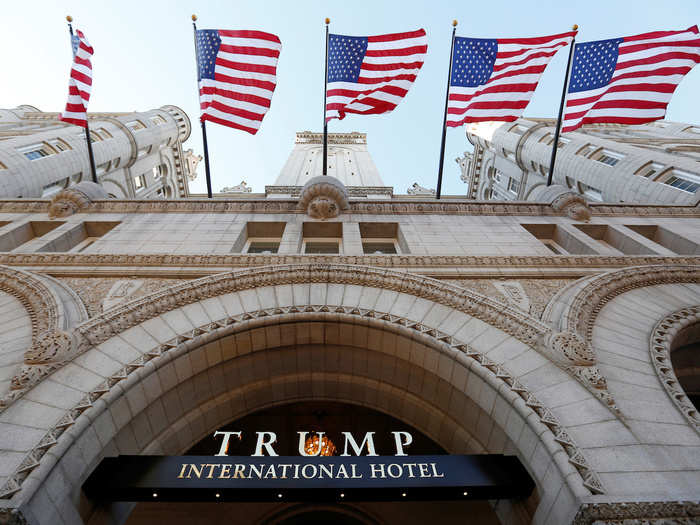
The Trump International Hotel in Washington, DC, billed more than $1.5 million for services — including renting out spaces like a ballroom. The Willard and the Fairmont hotels were also used, and they were paid equal that amount or more.
The WIS Media Partners spokesperson told The Times that their employees stayed at the hotel "at the explicit direction" of the committee, a claim that was disputed by the committee.
Reynaga spent $18,000 at the Trump International Hotel, according to The Times, and $31,000 on hotel rooms overall.
Source: The New York Times
Party planner David Monn
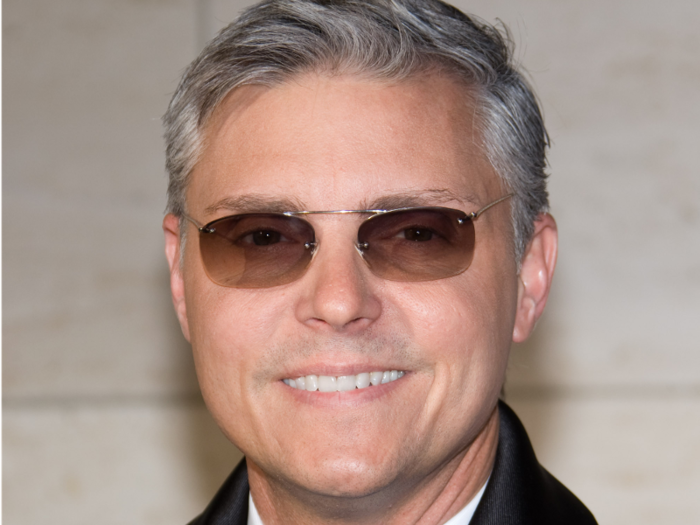
The New York-based party planner was paid $3.7 million (and refused to sign a contract), The Times reported. That money was paid out to subcontractors.
Monn spent $924,000 to amp up decorations for a candlelight dinner at Union Station.
Source: The New York Times
The candlelight dinner at Union Station
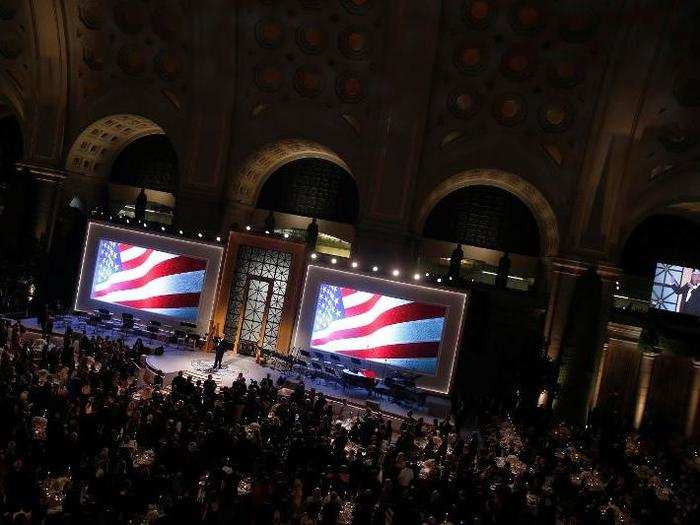
The aforementioned dinner was one of two events that Winston Wolkoff was in charge of. The other was a black-tie dinner hosted by Barrack.
Around 20 staffers had their makeup done for the dinner at $500 per person.
Source: The New York Times
$2 million was given to Brad Parscale's firm
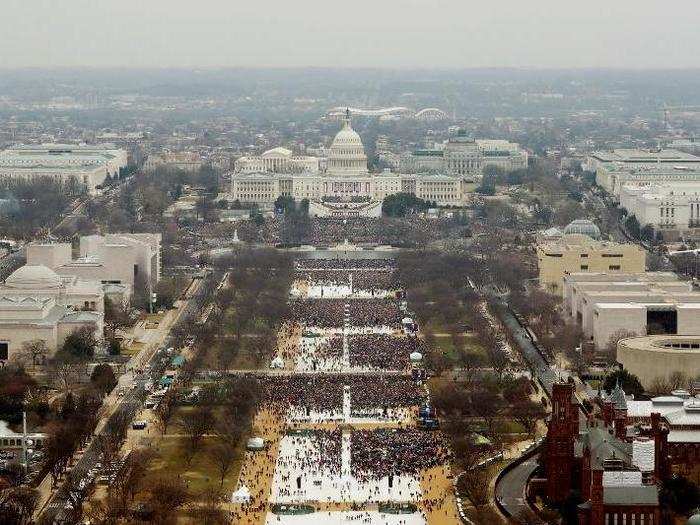
Parscale served as the digitial media director for Trump's campaign. For the inauguration, his firm was contracted to produce digital advertisements for the inauguration. Parscale now serves as Trump's campaign manager for his 2020 reelection campaign.
Source: The New York Times
What funds go into an inauguration?
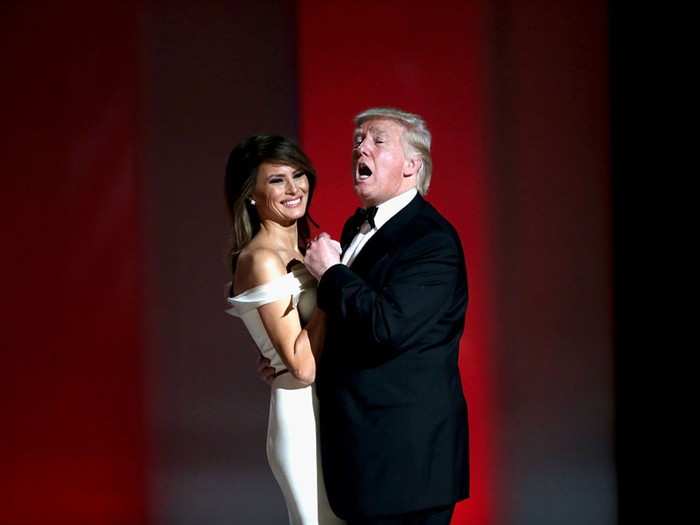
Overall, a presidential inauguration is paid for through an amalgamation of private and public funds.
"In bureaucratic terms, the costs are shared by the Joint Congressional Committee on Inaugural Ceremonies, the Presidential Inaugural Committee, the federal government, and state and local governments," The New York Times explained in 2017.
The private money, footed by the Presidential Inaugural Committee, pays for the events — balls, concerts, dinners, etc. The bulk of Trump's inaugural committee money came from wealthy donors and corporations like Pfizer, Bank of America, and AT&T. The committee raised $107 million between Election Day and the inauguration. (Federal prosecutors in Brooklyn and Manhattan are reportedly looking into whether there were illegal donations made from foreign persons.)
The Joint Congressional Committee pays for and organizes the swearing in and the luncheon that follows; $1.25 million was appropriated by Congress for these events.
Security for the event is the biggest expense (could be more than $100 million), and the federal government pays for that.
Source: The New York Times
Popular Right Now
Popular Keywords
Advertisement